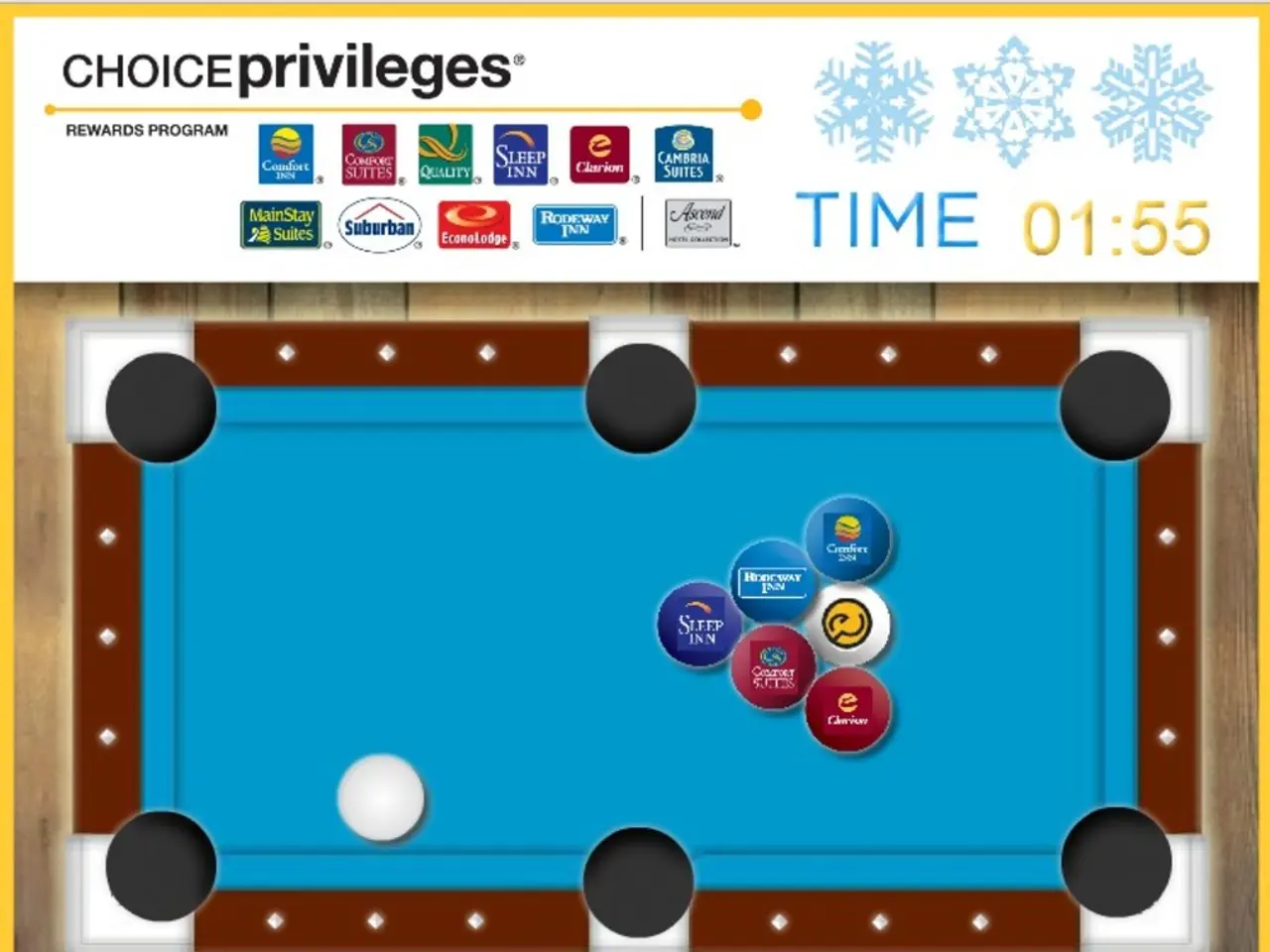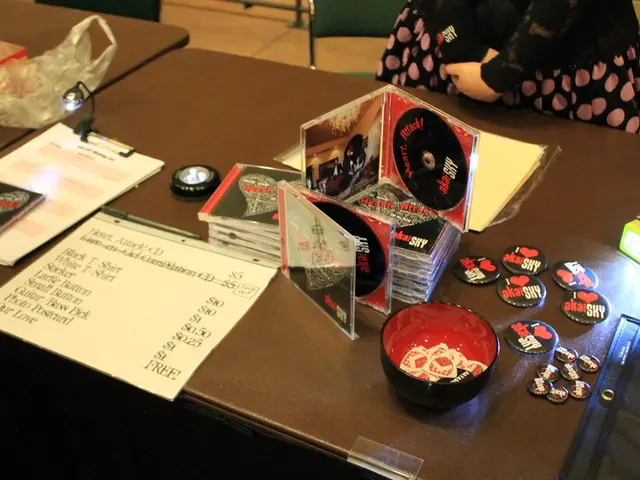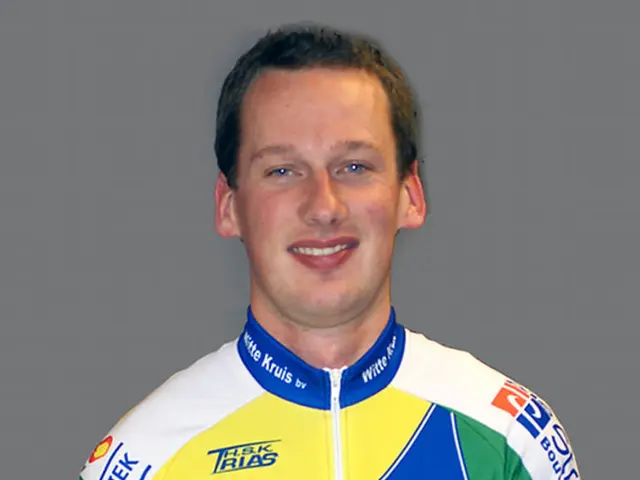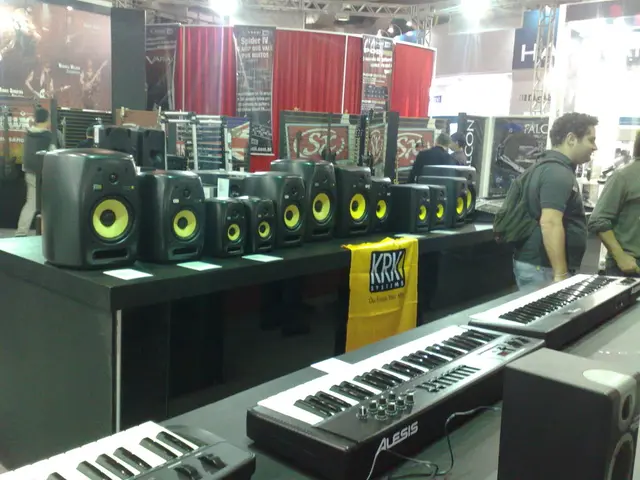Right-wing party AfD proposes to relax gambling laws and advocates for a modification of Section 284 of the German Criminal Code to match current circumstances
In a recent development, the AfD faction in the North Rhine-Westphalian state parliament has submitted a motion (18/9166) aimed at tackling illegal gambling, particularly focusing on the rise of Fun-Games. The motion was submitted on 07.05.2024.
The AfD's proposal includes an expansion of the existing legislation, encompassing both terrestrial and online gambling. The party is concerned about the sharp increase in illegal gambling machines and the risks they pose to the state, society, and legal providers. They believe that Section 284 of the Criminal Code (StGB) is too vaguely defined for effective law enforcement, and higher gaming speeds and various manipulations are possible with Fun-Games.
The AfD's proposal has been met with criticism from journalist Robert Hess, who has questioned its structure and the party's use of expert opinions without further verification. Despite this, other stakeholders, including the Judges' Association and the Police, are convinced of the need to address the issue of illegal gambling.
The controversy surrounding Sections 284 ff. continues to be a topic of debate in German politics. The Federal Minister of Justice, Marco Buschmann, has advocated for streamlining the Criminal Code and striking Sections 284 ff., which deal with unauthorized gambling.
It is worth noting that Fun-Games have not been tested and approved by the Physikalisch-Technische Bundesanstalt (PTB), raising concerns about their legitimacy and potential for illegal activity. The AfD emphasizes the particular risk factor of Fun-Games and the diverse dangers associated with a high black market share in the gambling industry.
The state parliament will certainly address the AfD's request, as it has done in the past, but whether this will lead to political implications that could result in changes to the law remains speculative. Robert Hess, the owner of a consulting firm, has expressed hope that legal gambling providers in NRW would not need "such advocates" and that the proposal would be "buried in the parliamentary archives."
As the debate continues, the AfD will likely continue to advocate for stricter laws and clearer legal definitions to curb illegal gambling operations and protect consumers. The party's focus on Fun-Games and their potential to exploit legal gaps is a key aspect of their argument. Whether their efforts will result in significant changes remains to be seen.
What is the AfD's stance on the matter of casino-and-gambling policy-and-legislation, specifically regarding Fun-Games? The AfD, in the recent development, has proposed an expansion of the existing legislation, aiming to tackle illegal gambling and particularly Fun-Games, due to the sharp increase in illegal gambling machines and the risks they pose to the state, society, and legal providers. This proposal has been met with general-news and controversy, with some questioning its structure and the party's use of expert opinions, while others, like the Judges' Association and the Police, are convinced of the need to address the issue of illegal gambling, including Fun-Games.




